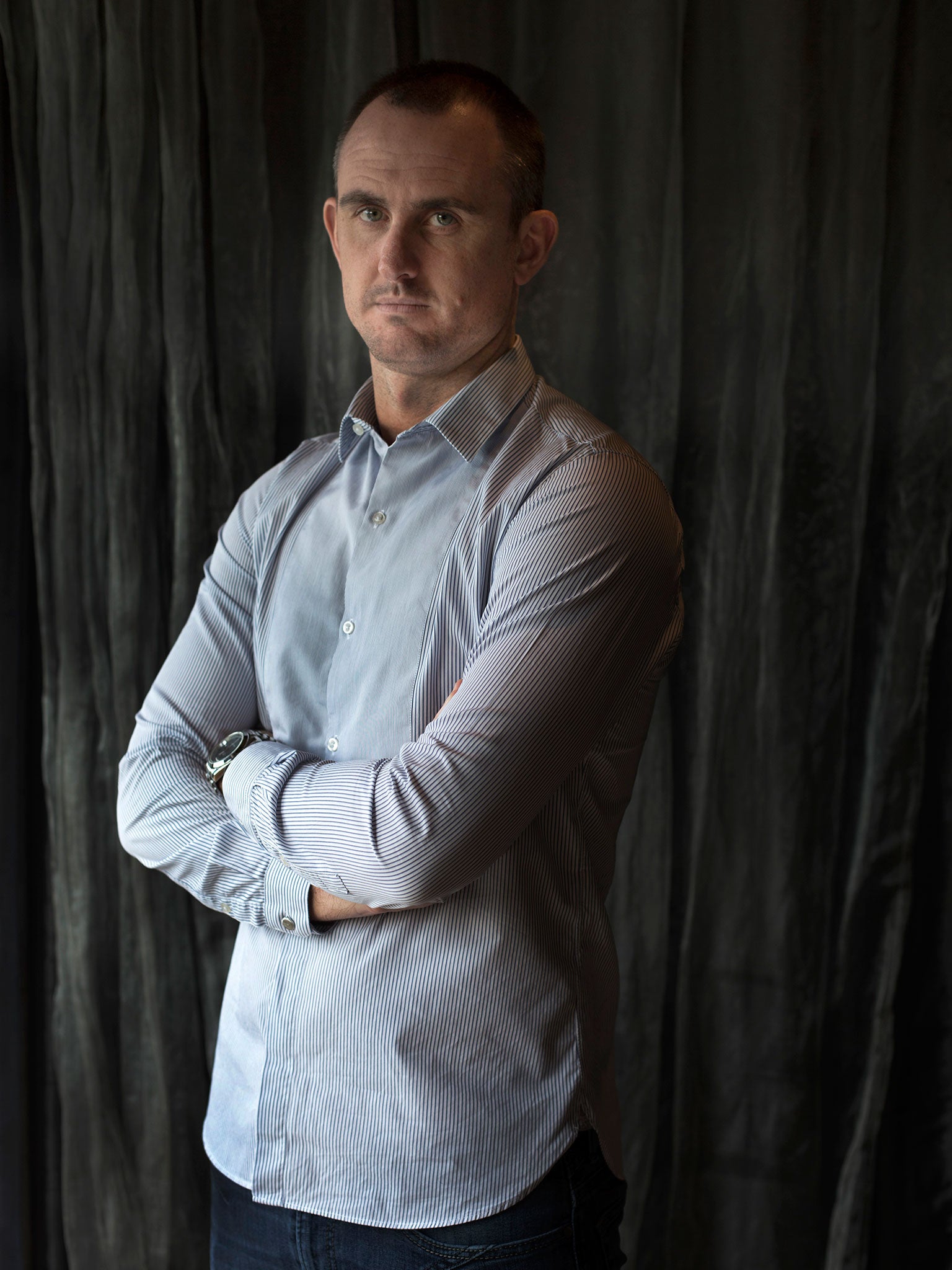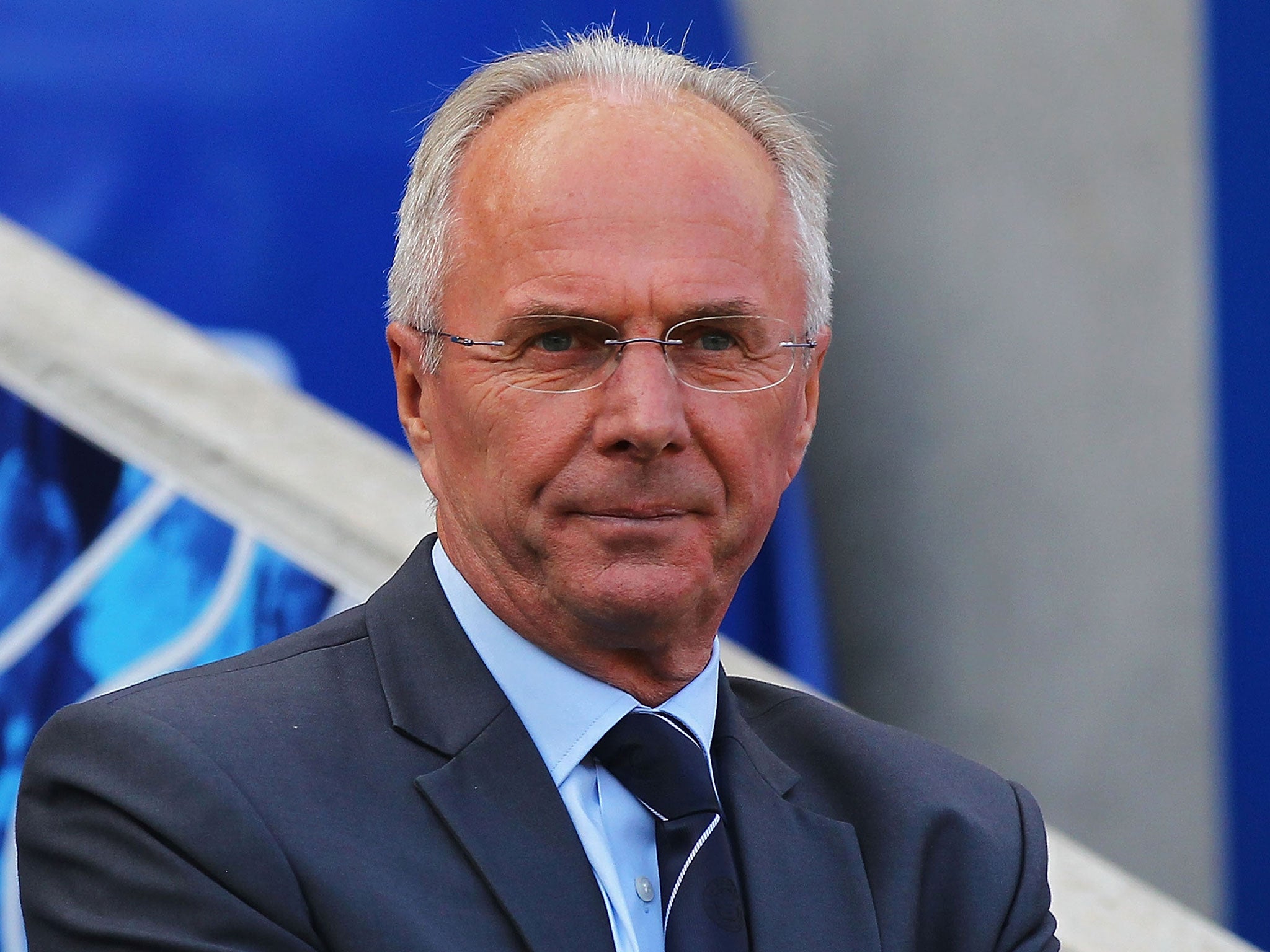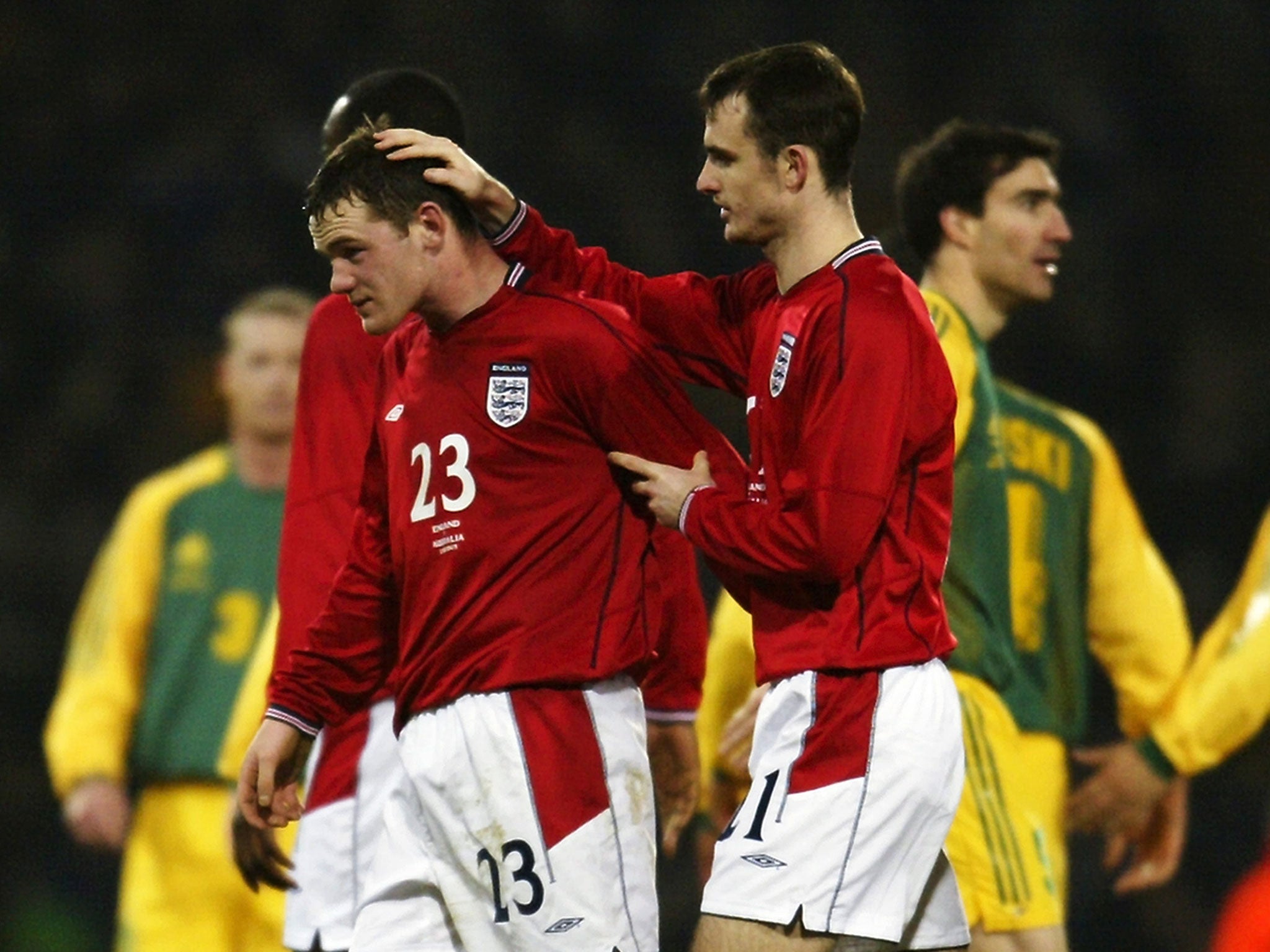Francis Jeffers interview: How Jeffers and Wayne Rooney followed different paths...
The similarities were uncanny – both Everton prodigies, both from Croxteth, both given England debuts in the same game – but then everything changed. Sam Wallace talks to the one who never played for his country again, admits his career is‘a cautionary tale’ and now looks back at unfulfilled dreams

Your support helps us to tell the story
From reproductive rights to climate change to Big Tech, The Independent is on the ground when the story is developing. Whether it's investigating the financials of Elon Musk's pro-Trump PAC or producing our latest documentary, 'The A Word', which shines a light on the American women fighting for reproductive rights, we know how important it is to parse out the facts from the messaging.
At such a critical moment in US history, we need reporters on the ground. Your donation allows us to keep sending journalists to speak to both sides of the story.
The Independent is trusted by Americans across the entire political spectrum. And unlike many other quality news outlets, we choose not to lock Americans out of our reporting and analysis with paywalls. We believe quality journalism should be available to everyone, paid for by those who can afford it.
Your support makes all the difference.When Wayne Rooney runs out for his training session at St George’s Park this morning, his first-ever international strike partner will be preparing for another afternoon at the club dearest to both their hearts, observing a new generation of Everton academy boys. Francis Jeffers is back where it all began for him and Rooney at Everton as he begins hispost-playing career.
To see him at 33, Jeffers still looks lean enough, when we meet at a golf club on Merseyside, to pull his boots on and there is a moment when he imagines what he could still do with a good pre-season under his belt and six months injury-free. But the thought is quickly dismissed and he is back in the present, immensely grateful to Everton for having given him his first steps in coaching after a career that finished with stints in Australia, Malta and at Accrington Stanley.
Jeffers’ association with Rooney barely needs explaining. Both Everton prodigies, Jeffers made his debut for the club in 1997 aged 16. Five years later Rooney made his debut at 16, albeit 38 days younger than his team-mate had been. Then, in February 2003, with Jeffers already at Arsenal, they made their England debuts together as second-half substitutes in the 3-1 defeat by Australia at Upton Park. The rest is history, and for those two Evertonians from the same school in Croxteth the story has been very different.

On that rainy evening in east London, Jeffers scored England’s goal and was never capped again. Rooney will win his 100th cap on Saturday against Slovenia – captain of Manchester United and England; a global superstar; a multi-millionaire and within reach of Sir Bobby Charlton’s England goalscoring record.
For Jeffers, there is nothing but respect and admiration for his old friend. It is over for him now but he is comfortable with the reality that his career is now seen, in part, as a “cautionary tale” for what can happen to teen prodigies. He was, he admits, a “bit of a wild child” but he also had rotten luck with injuries to his ankle and shoulders that were taking their toll even before his £8m move to Arsenal in 2001.
“For some reason, even towards the end when my career was fizzling out, the press have always taken a big interest in me and what I did,” Jeffers says. “I don’t know whether people think the same as I think which is: I should have been better. I shouldn’t have ended up with one England cap and 250 career appearances, but injuries played a part.
“You have to remember that before Wayne came on the scene I had gone to Arsenal. As time has gone on people have said, ‘Look what could have happened, but look what did happen.’ People see it as a cautionary tale. Myself and Wayne are different ages and [by 2003] I had already gone to Arsenal and was making a career for myself.”
As the frustration set in at Arsenal, and then Charlton where he moved in 2004, Jeffers concedes that he “was out, partying, living life – tossing it off in training because I always thought I wouldn’t play Saturday anyway”. “Now I look back with a lot of regrets,” he says. “That is where I should have been putting it in more. Arsène Wenger gave me a fair crack of the whip. I haven’t got a bad word to say about him. He tells you how it is, one of the only managers I played for who did.
“He said there were things going on in my head that shouldn’t have been and that it was an important time in my career. I am not saying I threw it all away because I had a decent career. I fulfilled a lot of ambition but I always say it, I know how much ability I had. I’m not soft. I know how good a player I was. One England cap wasn’t enough.”
He has regrets at how his Everton career ended, especially an earlier ill-advised transfer request in August 1999 that prompted manager Walter Smith to tell him to “Get out of my office before I kill you.” But as Jeffers recounts the endless frustration with contract negotiations, he concludes that Everton then were just not the well-organised, shrewdly run club that they are now.

Jeffers first encountered Rooney when the younger man trained with the first team at 14. “He was throwing Dave Watson all over the training pitch. Watson very rarely got the run-around in training because if he did he would just boot you. I never saw many strikers do it to him on a Saturday afternoon in the Premier League. But Wayne just had this thing about him when he walked on the training pitch.
“He was a big Evertonian. You’d sit with him in the dressing room and he wouldn’t say a word. He would be so shy. And then go out on the pitch and he’d control a game. You’d think ‘How can that be right?’ He stood on the terraces like I did, every week. But he just came in and was the best player in training at 14, 15. People were saying ‘Oh my God’.
“For me, based on stats, he will probably be the greatest English striker of all time. He is the greatest English striker of all time. People say, ‘Are you mad? So-and-so was better’ – all I know is that he is going to play more games than any striker played, he is going to score more goals. Surely that makes you the greatest striker of all time? On your goals alone. Ability-wise he probably is anyway because he can do everything.
“I watched him against Spurs in the FA Youth Cup and he scored one of the best goals I have ever seen. He hit a free-kick and it came back to him. He was, like, 30 yards out. He just hit the ball like he was trying to boot it out the stadium because he was frustrated at not getting it over the wall first time. Unbelievable. He just leathered it and it went soaring into the top corner. It was just what you expected from him. You knew he could do it.”
If that physical power was the natural element of Rooney’s success, what about the nurturing environment? Jeffers is in no doubt that the Croxteth – “Crocky” to the locals – of the 1980s and 1990s was the perfect breeding ground for footballers.
“When I was nine or 10, my mum had to come to search for me in the streets. You see kids now they come home from school, they are on the computers. I would be with whoever was out, whether they were my mates or not, if they had a football. I would just find people who were playing football. Wayne grew up in Crocky. Everyone was doing it. You’d see little pockets of lads playing everywhere. It’s a bit different now. The world has changed.”
On the day of the game against Australia the two Croxteth boys went shopping in London with Danny Murphy, while a coach brought their families down from Liverpool and another brought students and teachers from their old school, De La Salle. Jeffers made the next squad for the Euro 2004 qualifiers against Liechtenstein and Turkey but was told by Sven Goran Eriksson that he had not made the bench and was given the opportunity to go and play for the Under-21s instead.
“I was gutted. You have to explain to your family. It’s a demotion. I remember the initial disappointment and then scoring for the Under-21s and thinking ‘It’s another goal’. I would only have been sat on my arse watching the senior team.
“I came back to Liverpool with my mum and dad after the game. I went to play golf and my phone rang at around 2pm. It was Wayne calling me to tell me he was starting [for England for the first time] against Turkey, which I didn’t expect. I wished him all the best and went home and watched the game. He was brilliant, wasn’t he?”
Join our commenting forum
Join thought-provoking conversations, follow other Independent readers and see their replies
Comments